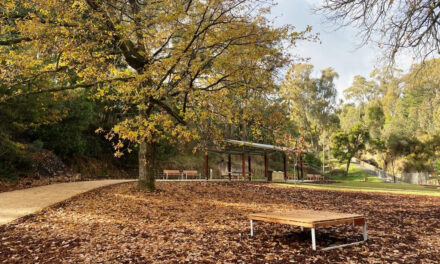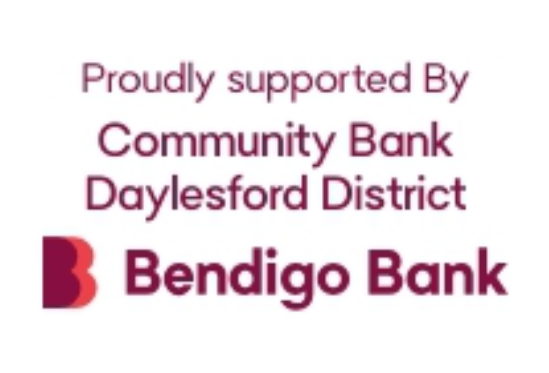The Victorian Government will add around $50 to the cost of an average two night weekend stay in Daylesford in houses used for short stays from 2025. The 7.5 percent tax is proposed from the beginning of 2025.
The Premier Daniel Andrews argues that the high number of houses used for short stay accommodation has reduced the availability of long term rental accommodation across Victoria. It is expected the tax will raise about $70 million dollars for social and affordable housing.
Details on how the tax will operate are vague. It is not clear whether it will be levied on revenue generated through platforms like Airbnb and Stayz or directly on owners. Nor is it clear which types of short stay accommodation will be affected. But it will not apply to hotels like Bellinzona or the Lakehouse.
There are about 1000 short stay dwellings in the Hepburn Shire and there are concerns that lack of affordable housing and longterm rental accommodation makes it difficult for people on lower incomes to live locally. This includes workers in the hospitality, tourism and social care sectors. Employers are already finding it difficult to attract these staff. Hepburn Shire Council has just released a housing policy addressing these issues.
The accommodation industry argues that while they had been willing to consider a tax, 7.5 percent is too high and that it won’t solve the longterm rental crisis. Often the short stays are in holiday houses only available part of the year, others are in small cottages and studios without facilities for longterm rentals, and there are a number of high end properties that would not be affordable on the longterm market. There are also people who rent out rooms in their house to supplement their income.
The industry argues that a statewide register of short-term rental properties, which is already in place in New South Wales and Tasmania, as well as a code of conduct that includes penalties for misbehaving guests is needed.
For many people the move away from hotels to small scale, short stay accommodation in houses and cottages has made travel more attractive, particularly for destinations like Daylesford and Hepburn Springs. As the economy tightens in the short to medium term, it is likely that discretionary spending on tourism accommodation will fall locally.
Michale Crosby public policy head for Airbnb Australia and New Zealand said, while his company welcomed a policy to boost housing construction, the rate of 7.5 per cent was “too high” and would give hotels a “free kick”. “A rate this high could have a negative impact on the appeal of Victoria as a tourism destination, also penalising everyday Victorians seeking a local holiday when many are already grappling with the cost of living,” he said.
Locally, Brendan Hutchinson from Daylesford Country Retreats said, “This levy is a drop in the ocean in regards to raising money for housing and will do nothing to change or alleviate the generational neglect of housing policy in Australia and disproportionately impacts regional destinations where homes and a vital part of the tourist infrastructure. It will mean weekends away are more expensive as businesses like ours will have no choice but to increase rates by 7.5% as neither our business nor owners can absorb these increases. It will dampen demand on one hand and is inflationary on the other. It’s a free kick for hotels the majority who are owned by overseas’ multinationals.”











